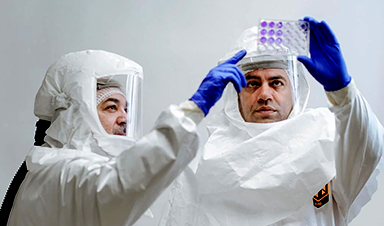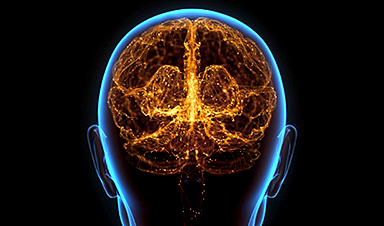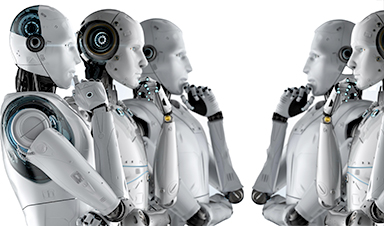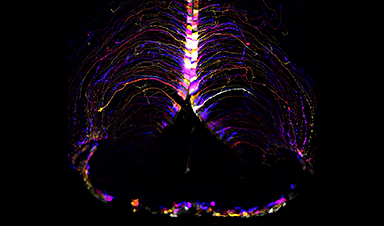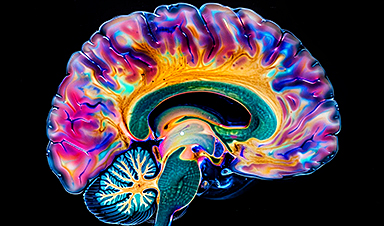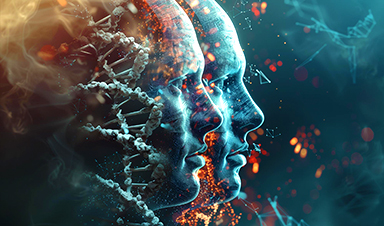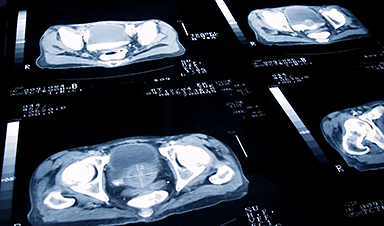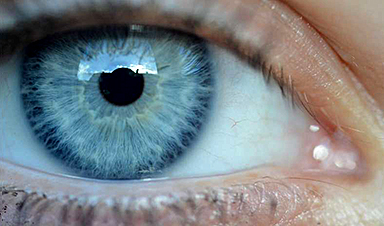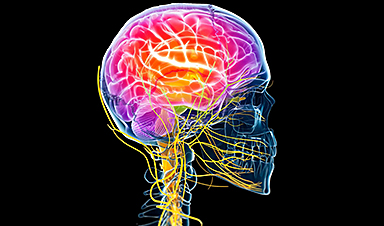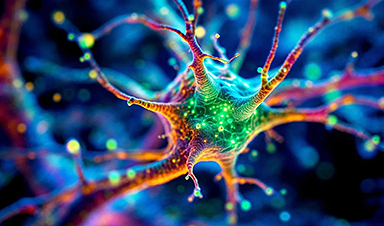
Nanotechnology refers to the capacity for the controllable manipulation of matter at the molecular and atomic levels toward the synthesis of unique materials, and for the creation of myriad useful devices and other products that exhibit extraordinary attributes with superior functionality. Nanotechnology is also fundamentally enabling; thus it will have strong potential to initiate significantly positive paradigm shifts across virtually every sector of society. The above said, we must be mindful as with any potentially very powerful technology, that stringent safeguards, testing standards, and comprehensive assessments of the physiological, biological, and environmental fates of the nanomaterials and processes involved, must be designed and implemented toward its development.
There are currently over 1,600 nanotechnology based consumer products already on the market. These range from the integration of nanoparticles into cosmetics and sunscreens (to enhance their appearance or performance) to spray on superhydrophobic treatments (which combine microscopic and nanometric bumps) based on the Lotus Effect whereby water droplets and any dirt always sit above the surface, meaning that the surface never actually gets wet. A clear illustration of this is provided the company NeverWet by who makes a spray on superhydrophobic treatment for textiles and other surfaces. Other nanotechnological applications are applied to the enhancement and texture of foods and the taste of beverages through the use of nanoscale colloids and emulsions.
One of the most significant and important facets of nanotechnology will likely be its application to medicine, or what is called nanomedicine. Progressively rapid and exciting advances within this discipline are occurring globally, which hold great promise for the initiation of positive paradigm shifts across multiple medical domains. There is a powerful and quickly increasing trend toward the emergence of more compact, minimally invasive, smarter, more precise, and efficacious medical technologies. Nanomedical diagnostics and therapeutics operate at the cellular, organellar, and molecular levels; precisely where many disease processes have their genesis, and from which they emanate. Hence, nanomedicine has strong potential for the accurate preemptive diagnoses and treatment of many diseases, prior to their having the opportunity to proliferate.
News
Microplastics in the bloodstream may pose hidden risks to brain health
In a recent study published in the journal Science Advances, researchers investigated the impact of microplastics on blood flow and neurobehavioral functions in mice. Using advanced imaging techniques, they observed that microplastics obstruct cerebral blood [...]
AI Surveillance: New Study Exposes Hidden Risks to Your Privacy
A new mathematical model enhances the evaluation of AI identification risks, offering a scalable solution to balance technological benefits with privacy protection. AI tools are increasingly used to track and monitor people both online [...]
Permafrost Thaw: Unleashing Ancient Pathogens and Greenhouse Gases
Permafrost is a fascinating yet alarming natural phenomenon. It refers to ground that remains frozen for at least two consecutive years. Mostly found in polar regions like Siberia, Alaska, and Canada, permafrost plays a [...]
Frequent social media use tied to higher levels of irritability
A survey led by researchers from the Center for Quantitative Health at Massachusetts General Hospital and Harvard Medical School has analyzed the association between self-reported social media use and irritability among US adults. Frequent [...]
Australian oysters’ blood could hold key to fighting drug-resistant superbugs
Protein found in Sydney rock oysters’ haemolymph can kill bacteria and boost some antibiotics’ effectiveness, scientists discover An antimicrobial protein found in the blood of an Australian oyster could help in the fight against [...]
First U.S. H5N1 Death Sparks Urgency: Scientists Warn Bird Flu Is Mutating Faster Than Expected
A human strain of H5N1 bird flu isolated in Texas shows mutations enabling better replication in human cells and causing more severe disease in mice compared to a bovine strain. While the virus isn’t [...]
AI Breakthrough in Nanotechnology Shatters Limits of Precision
At TU Graz, a pioneering research group is leveraging artificial intelligence to drastically enhance the way nanostructures are constructed. They aim to develop a self-learning AI system that can autonomously position molecules with unprecedented precision, potentially [...]
How Missing Sleep Lets Bad Memories Haunt Your Mind
Research reveals that a lack of sleep can hinder the brain’s ability to suppress unwanted memories and intrusive thoughts, emphasizing the importance of restful sleep for mental health. Sleep deprivation has been found to [...]
WHO issues new warning over ‘mystery virus’ and calls for return of COVID restrictions
The World Health Organization (WHO) has called for the reinstatement of restrictions implemented during the COVID-19 pandemic as cases of human metapneumovirus (HMPV) continue to surge. While hospitals in China are overwhelmed with positive [...]
A Breath Away From a Cure: How Xenon Gas Could Transform Alzheimer’s Treatment
A breakthrough study highlights Xenon gas as a potential game-changer in treating Alzheimer’s disease, demonstrating its ability to mitigate brain damage and improve cognitive functions in mouse models. A forthcoming clinical trial aims to test its [...]
False Memories Under Fire: Surprising Science Behind What We Really Recall
New research challenges the ease of implanting false memories, highlighting flaws in the influential “Lost in the Mall” study. By reexamining the data from a previous study, researchers found that many supposed false memories [...]
Born Different? Cambridge Scientists Uncover Innate Sex Differences in Brains
Cambridge researchers found that sex differences in brain structure exist from birth, with males having more white matter and females more grey matter, highlighting early neurodiversity. Research from the Autism Research Centre at the University [...]
New study shows risk factors for dementia – virus causes deposits in the brain
Research into the causes of Alzheimer's is not yet complete. Now a new study shows that head trauma can activate herpes viruses and promote the disease. Frankfurt am Main – As a neurodegenerative disease, [...]
Are Machines Truly Thinking? Modern AI Systems Have Finally Achieved Turing’s Vision
Modern AI systems have fulfilled Turing’s vision of machines that learn and converse like humans, but challenges remain. A new paper highlights concerns about energy consumption and societal inequality while calling for more robust [...]
The Surprising Link Between Smell, Sound, and Emotions
New research reveals how smell and hearing interact in the brain to drive social behavior, using mouse maternal instincts as a model. Imagine you’re at a dinner party, but you can’t smell the food [...]
Brain cells age at different rates
As our body ages, not only joints, bones and muscles wear out, but also our nervous system. Nerve cells die, are no longer fully replaced, and the brain shrinks. "Aging is the most important risk factor [...]
Long COVID Breakthrough: Spike Proteins Persist in Brain for Years
Researchers have discovered that the SARS-CoV-2 spike protein persists in the brain and skull bone marrow for years after infection, potentially leading to chronic inflammation and neurodegenerative diseases. Researchers from Helmholtz Munich and Ludwig-Maximilians-Universität (LMU) have [...]
Water-Resistant Paper Could Revolutionize Packaging and Replace Plastic
A groundbreaking study showcases the creation of sustainable hydrophobic paper, enhanced by cellulose nanofibres and peptides, presenting a biodegradable alternative to petroleum-based materials, with potential uses in packaging and biomedical devices. Researchers aimed to [...]
NIH Scientists Discover Game-Changing Antibodies Against Malaria
Novel antibodies have the potential to pave the way for the next generation of malaria interventions. Researchers at the National Institutes of Health (NIH) have identified a novel class of antibodies that target a previously unexplored region [...]
Surprising Discovery: What If Some Cancer Genes Are Actually Protecting You?
A surprising discovery reveals that a gene previously thought to accelerate esophageal cancer actually helps protect against it initially. This pivotal study could lead to better prediction and prevention strategies tailored to individual genetic [...]
The Cancer Test That Exposes What Conventional Scans Miss
Researchers at UCLA have unveiled startling findings using PSMA-PET imaging that reveal nearly half of patients diagnosed with high-risk prostate cancer might actually have metastases missed by traditional imaging methods. This revelation could profoundly affect future [...]
Pupil size in sleep reveals how memories are processed
Cornell University researchers have found that the pupil is key to understanding how, and when, the brain forms strong, long-lasting memories. By studying mice equipped with brain electrodes and tiny eye-tracking cameras, the researchers [...]
Stanford’s Vaccine Breakthrough Boosts Flu Protection Like Never Before
Stanford Medicine researchers have developed a new method for influenza vaccination that encourages a robust immune response to all four common flu subtypes, potentially increasing the vaccine’s efficacy. In laboratory tests using human tonsil [...]
Water’s Worst Nightmare: The Rise of Superhydrophobic Materials
New materials with near-perfect water repellency offer potential for self-cleaning surfaces in cars and buildings. Scientists from Karlsruhe Institute of Technology (KIT) and the Indian Institute of Technology Guwahati (IITG) have developed a surface [...]
Japanese dentists test drug to help people with missing teeth regrow new ones
Japanese dentists are testing a groundbreaking drug that could enable people with missing teeth to grow new ones, reducing the need for dentures and implants, AFP recently reported. Katsu Takahashi, head of oral surgery at [...]
An AI system has reached human level on a test for ‘general intelligence’
A new artificial intelligence (AI) model has just achieved human-level results on a test designed to measure "general intelligence." On December 20, OpenAI's o3 system scored 85% on the ARC-AGI benchmark, well above the previous AI best [...]
According to Researchers, Your Breathing Patterns Could Hold the Key to Better Memory
Breathing synchronizes brain waves that support memory consolidation. A new study from Northwestern Medicine reports that, much like a conductor harmonizes various instruments in an orchestra to create a symphony, breathing synchronizes hippocampal brain waves to [...]
The Hidden Culprit Behind Alzheimer’s Revealed: Microglia Under the Microscope
Researchers at the CUNY Graduate Center have made a groundbreaking discovery in Alzheimer’s disease research, identifying a critical link between cellular stress in the brain and disease progression. Their study focuses on microglia, the brain’s immune [...]
“Mirror Bacteria” Warning: A New Kind of Life Could Pose a Global Threat
Mirror life, a concept involving synthetic organisms with reversed molecular structures, carries significant risks despite its potential for medical advancements. Experts warn that mirror bacteria could escape natural biological controls, potentially evolving to exploit [...]
Lingering Viral Fragments: The Hidden Cause of Long COVID
Long COVID, affecting 5-10% of COVID-19 patients, might be caused by the enduring presence of the virus in the body. Research suggests that viral fragments, possibly live, linger and lead to symptoms. Addressing this involves antiviral treatments, enhanced [...]





